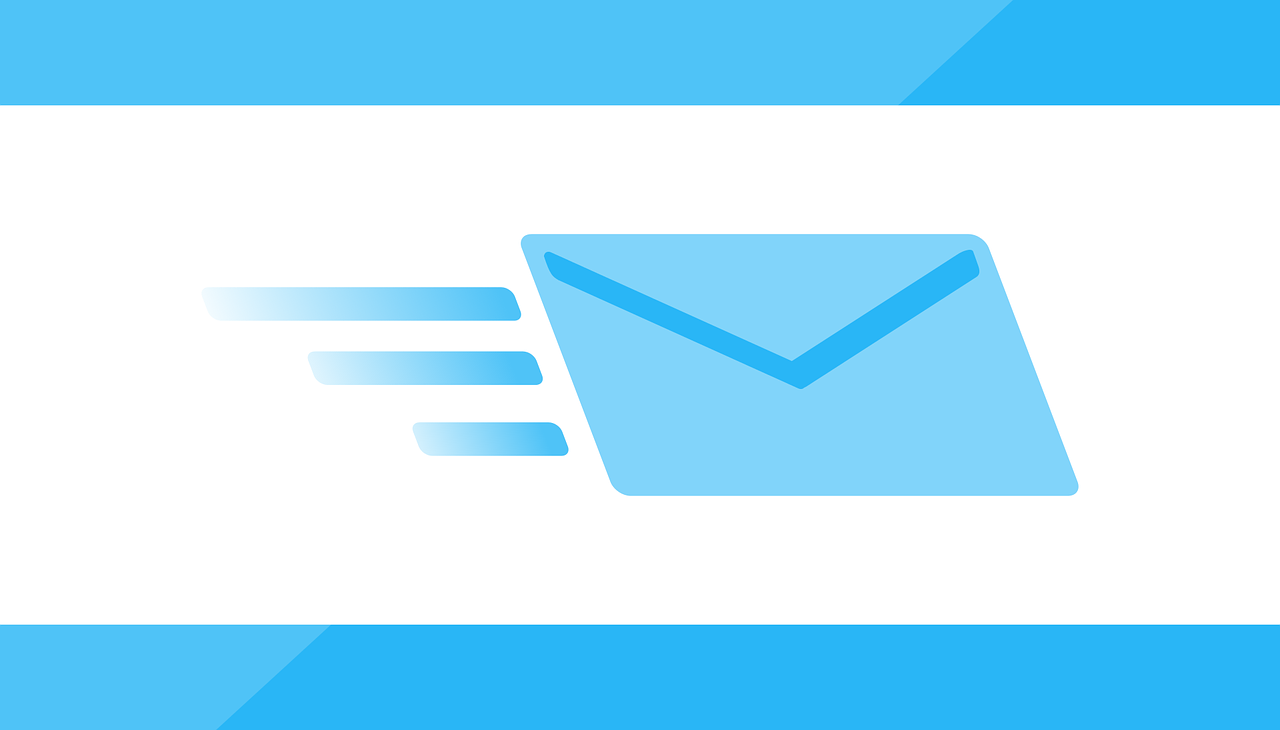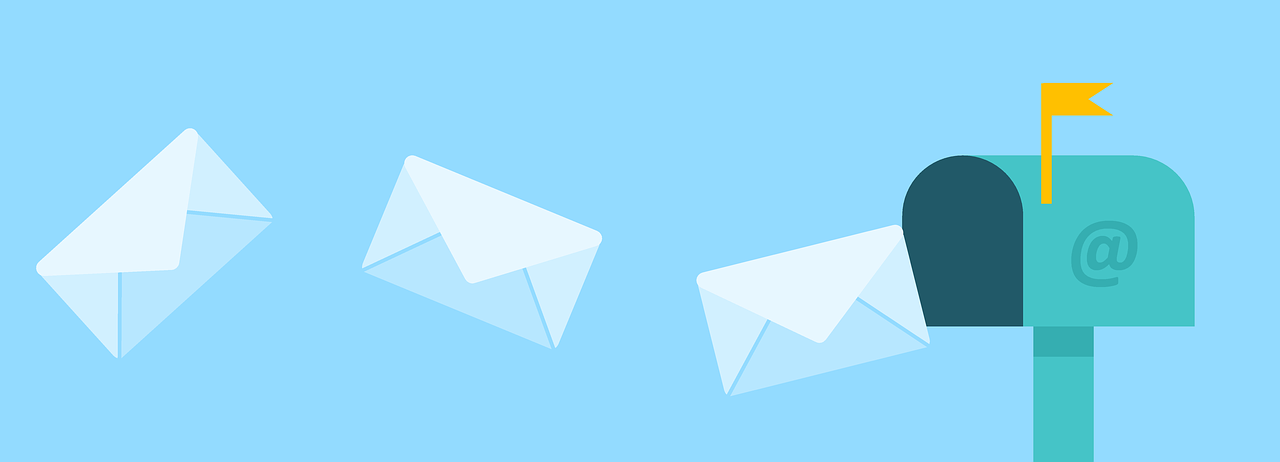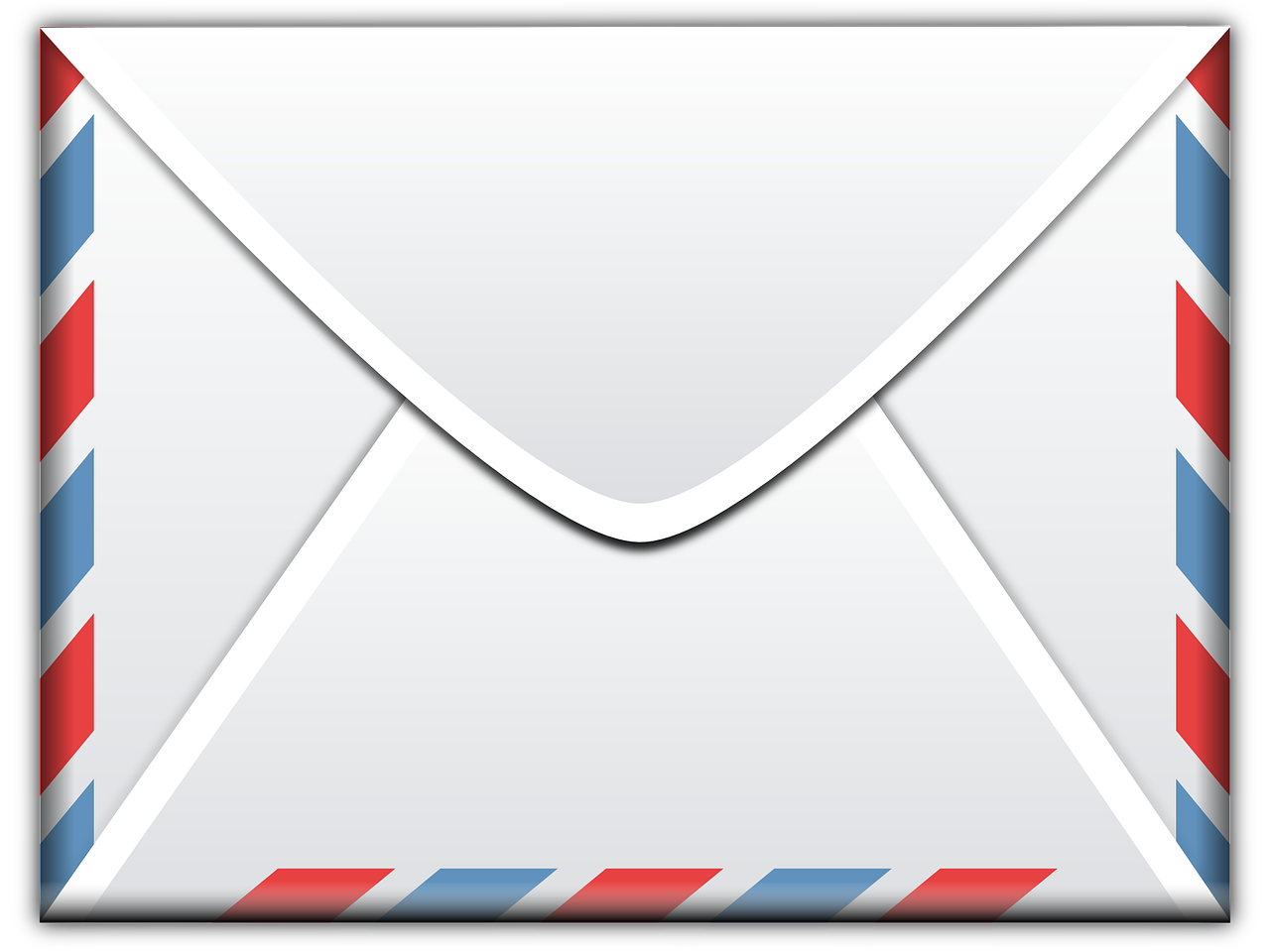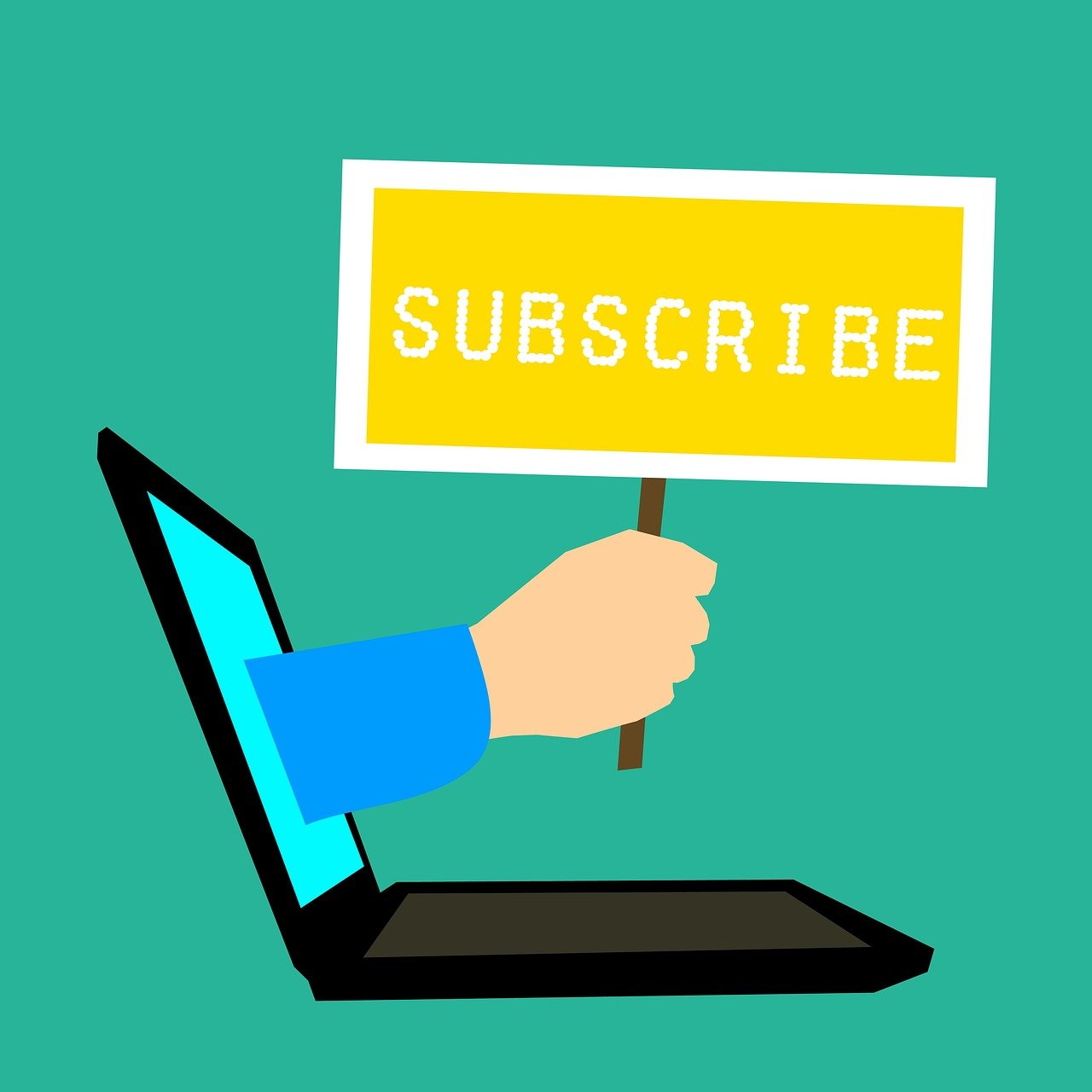Inbox Impact: Harnessing the Power of Email Marketing for Author
Email marketing for authors is simply a must. In this piece, we are going to dive into how you can set up an email campaign for inbox impact and look at some author email strategies.
What Are Email Campaigns?
Before we get to email marketing for authors specifically, let's quickly look at what email campaigns are in general.
Email marketing involves getting people to sign up for an email list, which you can then contact them through. You can have a marketing campaign through email to promote things or share ideas. The purpose of sending these emails is to get people to open them and engage with you. Later on, we'll look at the best way to have an inbox impact with email marketing.
Why Email Marketing for Authors?
Authors should not only use email marketing but also make it their primary method of marketing themselves as authors.
There are many different ways of marketing yourself and your work. There are press releases and in-person marketing at book fairs, as well as the modern way of marketing yourself through social media. All of those are important and necessary. The issue is that, as an author, you only have so much time. If you're a fairly new author, you probably don't have a big team to help you with marketing, so you are doing it by yourself with your own money. You should certainly promote yourself and your author's brand in as many ways as possible. But it is important to market yourself consistently and to a good standard. So, rather than spreading yourself too thinly, you should prioritize email campaigns first and foremost and use them as your baseline for marketing yourself.
The reason you should prioritize email marketing is that it helps you build an audience that you own on your own terms. To be clear, social media marketing is still really important, and you should definitely do it, but one thing to consider is whether your followers are really yours. If you are promoting yourself through Instagram, Facebook, X, or TikTok, you are relying entirely on another platform and algorithm to do the work for you. There have been times when a social media platform has gone down, and suddenly, content creators couldn't reach their following. In addition to this, social media platforms often change how they allow users to post and receive content. Conversely, marketing through email allows you to reach people who have subscribed to your email list directly. In addition to this, virtually everyone online uses email in some way; in fact, it's pretty much necessary to use any other social account. So you won't have to worry about constantly posting tons of content across multiple platforms that may only reach some of your audience.

And the great thing about having an email list for your email marketing is that you own the list. The people on your email list are your followers, whom you can contact freely to market yourself and your books as an author. This is a valuable thing if you are looking to ultimately sign with a literary agent or publisher. Getting a deal with a traditional publisher can be a challenge, as it's very competitive. Publishers want to have a degree of certainty that they are going to find success with the authors they team up with. So, it is beneficial to have a ready-made community of people who will likely buy your book.
In the modern literary scene, it is expected that authors will have some sort of online platform for themselves. This can include social media platforms, videos, podcasting channels, and an author's website. An email list is an excellent way of joining all your platforms together and promoting yourself directly to your readers. Email is a very cheap and easy way to market yourself and build a connection with your audience through customized content.
What Do You Need?
So, how do you actually get going with email campaigns? Three absolute must-haves are:
- Landing Page
- Email list
- Privacy policy
Your landing page is basically where people will sign up for your email list. The email list itself is, as the name suggests, a list of email addresses for you to contact.
For the landing page, it's best to set up an author's website. Here, you can have a page where people can fill out a form to join your mailing list. It's best not to make the form too complicated or ask for unnecessary information. You'll obviously need to ask for their email and at least their first name. If the content of your email marketing requires people to be 18 years old, you will have to either ask for a date of birth or have a box to tick. You will then need to ask them to agree to your privacy policy and any terms and conditions.
Your privacy policy basically tells people how you will be using their information. You will need to let them know you are storing their name and email address and whether or not that information will be shared with anyone else. The terms and conditions are similar and will say that the person signing up agrees to be contacted. There's no need to be overly technical with the language. You just need to ensure you have permission to store their email address, name, and any other data.
The privacy policy should be on the page where people are signing up. As we said, it's best to make your landing page part of a broader author website. Here, you can have a page where you can directly sell your books and other products to your readers. You could also have a blog section where you write regular SEO posts. This will help you get traffic to your website. Basically, when someone searches for your name, you want them to land on your website so they can see your work. This will help you attract more people to your email list.

Setting up Email Marketing
You may be thinking that because you already have an email account, you can easily get started, but you'll actually likely need a different one. Most common email providers (for example, Gmail, Yahoo Mail, etc.) have limits on the number of emails you can send and the number of people you can send an email to. The best thing to do is buy your own email domain for your author email campaign (you should do this for your website too).
In addition to this, you will need an email marketing service to help you format your emails and schedule when to send them out. Mailchimp is the most well-known of these types of services.
Inbox Impact
When it comes to effective email marketing for authors, you need people to actually open your emails. Something to consider in your author email strategies is copywriting.
Copywriting is basically what you write in an email. There are two parts to this:
- Subject line
- Body of the email
The subject line is important since it's the first thing your readers will see. You should keep it short and succinct. Try to put something that will pique the reader's interest, but avoid buzzwords that make it seem like spam. It's worth getting feedback on your subject line from other people who use email campaigns.

What about the body of the email, then? Here are some basic tips for writing an email body for a strong inbox impact:
- Keep your language clear and easy to understand. Don't go overboard and make things really complicated; it's better to keep things simple.
- Have a call to action in your email. It could be asking the reader to click a link, visit your website, or buy your book.
- Be personal in your writing. Greet the reader at the start (preferably with their name, but at least with something like Hello Friend. Sign off in a personal way as well.
- Always thank your reader for reading and subscribing.
- Tell a story in your email body. This doesn't mean you have to have a really long body for your email, but you need to make it interesting to hold your readers' attention.
Standing out in your reader's inbox is really important for ensuring your emails get opened.
Using Analytics
How do you know if your emails are being opened anyway? You can use analytics to see the impact of your inbox. Analytics allow you to collect statistics about how your emails were received. You can see:
- Who opened your email?
- Did people click on the links?
- Did anybody unsubscribe?
Collecting this data can help you plan out your next moves in your author email strategy.
What Goes into an Email Campaign?
We know then you need to have a subject line and a body of an email. What else do you include? Here are some ideas for email marketing for authors:
- Newsletters: This is a great way to show off your writing ability. Attach a newsletter to share stories, updates, ideas, and talking points.
- Updates: You can simply let people know your progress on your next book or project.
- Surveys: You can attach a survey for your subscribers to fill out to gather some more information about your fanbase. You could get information on them like gender, age, and anything else that helps you visualize your target audience. You could also ask more qualitative questions, like why they subscribed and what their favorite aspects of your content are.
- Lead nurturing: This is basically promoting your work. Lead nurturing is when you want to turn a subscriber to your email campaign into a buyer of your product. You can link to outlets where readers can buy your book or other products. The idea here is to monetize your following.
Effective Author Email Strategies
Email marketing for authors is a must. There are certain things you need to ensure you get right to have a strong inbox impact.
Promote Your Email List
You need to let people know you have an email list if you want them to sign up for it. Plug it into your social media accounts and make it prominent on your website.
A good way of attracting readers is by offering something to those who subscribe. This could be a section of your next book or a prize of some kind.

Welcome Your Reader
Always send a welcome message to new subscribers. This will help them see that they have subscribed. It will also help in your community-building efforts. You want your readers to feel welcomed and valued; welcoming them and thanking them for subscribing is the way to do this.
Frequency
How often you send emails is an important aspect of email campaigns. You don't want to disappear for long periods, but at the same time, you don't want to overload your subscribers with too many emails (this will make them not want to read them and want to unsubscribe).
The ideal frequency for email marketing for authors is 1 to 3 emails a month. This is the right amount to go with because it's enough to keep you prominent in people's inboxes, but not too many.
Consistency
Similar to frequency, it's important to be consistent when you send emails. You should aim to send emails at regular intervals (for example, the first Monday of each month). Avoid being erratic with the days you send out newsletters because then people can't prepare and plan to read them. Email marketing software allows you to schedule emails.
Content
Make it part of your author email strategy to plan out content for your email so it is well spread out. It's easy to run out of things to say when you are trying to send regular updates and newsletters. So, make yourself a plan of what you will include in each email each time.
Unsubscribe
It's important and necessary to have a button readers can press to unsubscribe from your email list. You can ask them to provide a reason, but at the very least, you need to include the option for them to unsubscribe.
Final Thoughts
Email marketing for authors is a great way of promoting their brand on their own terms. Having a good email author strategy allows you to make an inbox impact through email campaigns.










